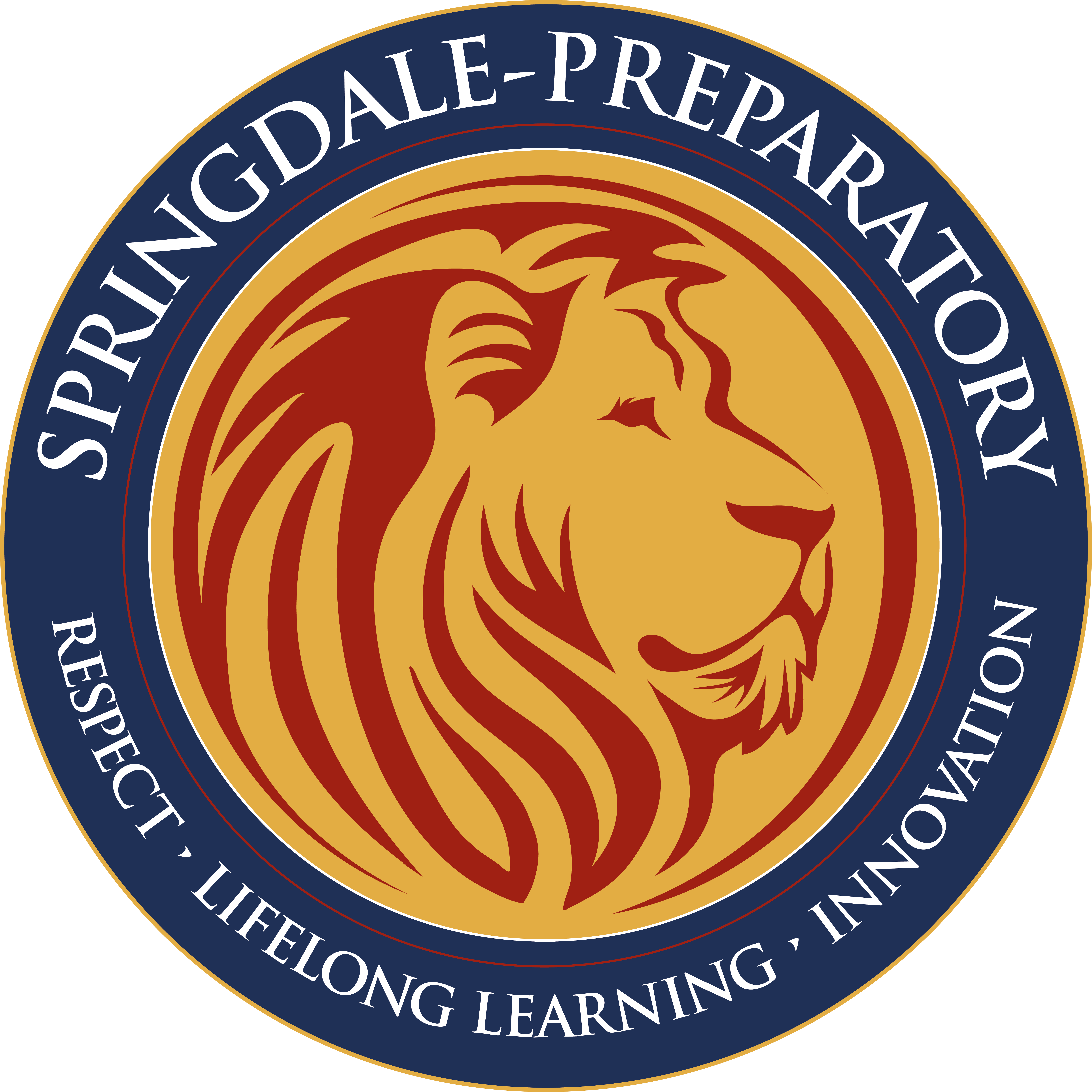(New Windsor, MD) –Springdale Preparatory School, the independent boarding and day school in New Windsor in Carroll County, Maryland, has received a Rural Maryland Prosperity Investment Fund (RMPIF) grant from the Rural Maryland Council to establish a greenhouse on its academic campus, located at 1000 Green Valley Road.
Springdale Preparatory School received a grant for $52,506 to fund start-up costs for a greenhouse operation that will serve as a hands-on teaching tool in conjunction with its environmental science course offerings. With a growing operation on campus, students will have the opportunity to apply classroom learning to an ongoing project and reinforce the content they learn and skills they gain through their science courses. Following the initial investment from RMPIF for greenhouse start-up costs, Springdale Preparatory School anticipates sustaining the minimal annual maintenance costs through its operating budget and sale of greenhouse crops.
The freestanding greenhouse (26 feet width x 11 feet height x 41 feet length) will be installed in an open green space located adjacent to the school building.
The greenhouse will expand teaching and learning opportunities for students and faculty, and align with the school’s life skills curriculum and mission.
“At its most basic, a greenhouse can function as a laboratory for our middle and high school science courses, including our 5th grade science course “Environmental Stewardship” and our high school elective course “Blue Ridge to Bay,” says Springdale Preparatory’s founding head of school. “These courses, already part of our MSDE-approved curriculum, will be enhanced by opportunities for students to engage in hands-on learning with a greenhouse.”
The space will be utilized in other subject areas as well. Chemistry classes will test soil and study plant composition; history classes will plant and observe crops to better understand agriculture and famine; and English classes will use the plants as a medium for creative writing. Since much of the school year coincides with colder weather, students will participate in these activities throughout the year rather than simply when the weather is conducive to growing.
Springdale Preparatory emphasizes educating the whole student, as evidenced by its mission and life skills curriculum, consisting of the four pillars of stewardship, communication, introspection and resiliency. Content learning in academic areas represents only part of a child’s educational experience, according to Graham.
“Our life skills curriculum aligns with and integrates the academic learning that happens in the classroom. Stewardship includes respect for natural resources as well as global communities, and this value can be honed through student participation in growing food for our campus and learning how this practice impacts their community and the globe. Communication skills will be honed at an interpersonal level through student cooperation, as well as through student engagement with the community through a farmer’s market and contributions to local food banks. Self-awareness and resiliency are additional values taught and practiced through student coordination of campus gardens,” Graham explains.
Springdale will add a sustainability coordinator to its staff to lead the school’s new sustainability initiative, as well as coordinate with learning facilitators to connect to curriculum and create learning opportunities for staff. The sustainability coordinator will also establish and manage the New Windsor Farmer’s Market, which will provide fresh local produce and crafts from the school and local community vendors.
The greenhouse also will enable year-round produce production for food service to initially include tomatoes, peppers, lettuce, greens, herbs, root vegetables, broccoli, cauliflower, legumes. A variety of growing methods will be implemented in the greenhouse, including in-ground, raised beds, hydroponics and aquaponics in future years, and will be combined with outdoor gardening to provide a full range of produce. Seedlings will be started indoors and transplanted to outdoors to increase the growing season.
Having a greenhouse on the Springdale campus will not only educate students about sustainable living skills and perspectives, but it will also reduce actual resource consumption that occurs when food is produced in other regions and transported to the school. Utilizing solar energy for food production will provide the benefits of passive solar technology and avoid fossil fuel use and pesticides. In addition, preservatives can be avoided and refrigeration (and its energy use) will be reduced because the produce will not need to be stored for as long as food grown at a distance does.
The project will kick off with the addition of coursework within environmental studies in fall 2019, timed in conjunction with the installation of the greenhouse. Planting of the first crops is planned for spring 2020, with the opening of the farmer’s market expected in late spring 2020.


